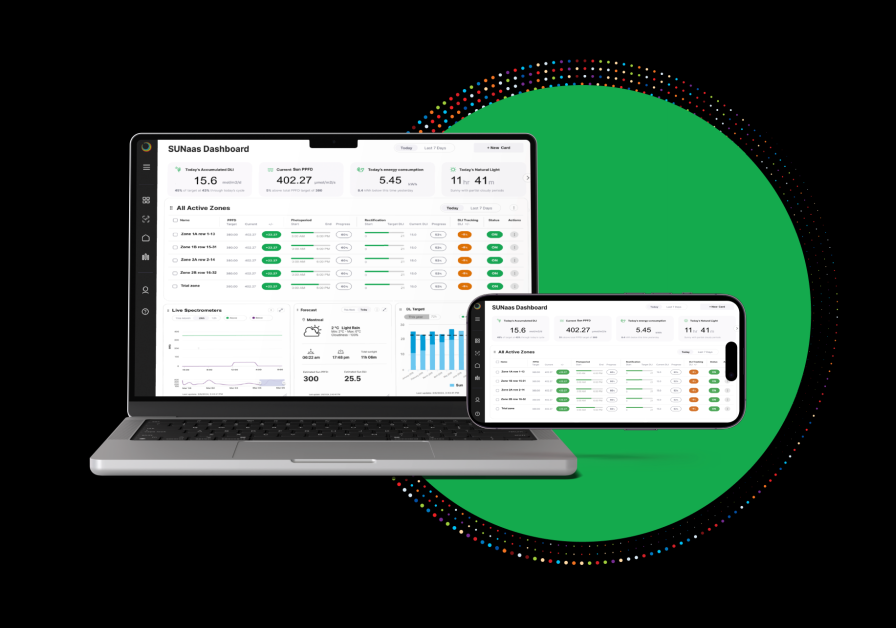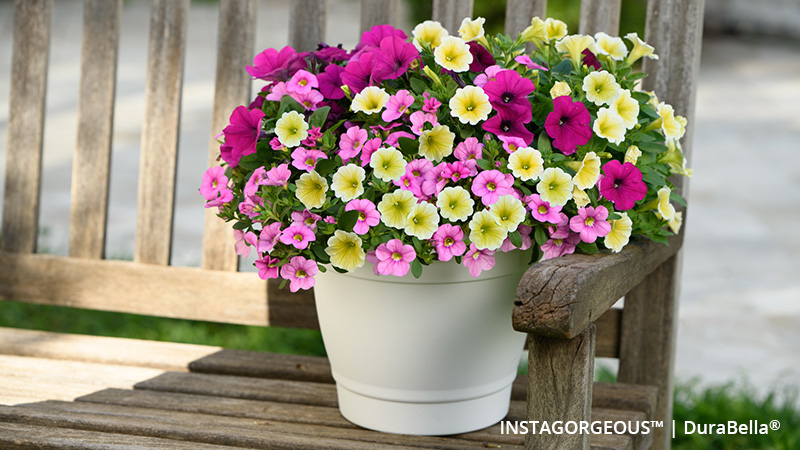What’s Good For The Environment Is Good For Business [Opinion]
 Investing in technology to become more sustainable “always goes hand in hand,” says Abe VanWingerden, co-CEO of Metrolina Greenhouses. “If it is good for the environment, it normally is good for business over the long term.”
Investing in technology to become more sustainable “always goes hand in hand,” says Abe VanWingerden, co-CEO of Metrolina Greenhouses. “If it is good for the environment, it normally is good for business over the long term.”
That connection was abundantly clear in the responses we received to this year’s Top 100 Growers Survey.
VanWingerden points to three investments Metrolina has made as good examples of how technology can reduce an operation’s carbon footprint and pay dividends financially. Its biomass system burns locally sourced waste wood — a renewable resource; its ozone water treatment system cleans irrigation water, reducing the need for fertilizers and pesticides, and improving plant quality and precision growing; and electrostatic sprayers reduce water and chemical use, and provide more targeted chemical applications.
Other Top 100 Growers have found VanWingerden’s theory to be true, as well. Costa Farms’ investment in solar energy panels on three buildings at its Miami headquarters was originally a test to see how the operation could save on its energy bills. CEO Joche Smith says he initally expected the solar panels to pay off in five years, but the return on investment will be more like 31/2 years. The experiment has been so successful that Costa Farms installed solar panels on the warehouse at its Dominican Republic farm at the end of 2015, and plans to bring solar energy to its Asheville, NC, farm this year.
In addition to the solar panels, Costa Farms is focusing on overall energy use, installing light sensors and electrical meters throughout its headquarters. Saving energy has been a focus for all team members, and as a result, the operation is on target to save 25% on its annual energy costs, says Jose Costa.
Not only does a grower’s investment in technology to become more sustainable help with cost savings, but it also helps the community, and improves your reputation as a steward of your community and the environment.
These efforts can translate to filling more open positions, as your sustainability efforts — if well-promoted — will attract young people to your operation as a progressive place of employment. What Millennial or Gen Xer looking for a job wouldn’t want to work for a company that’s cognizant of and actively working to reduce its carbon footprint?
You don’t have to be a Top 100 Grower to invest in solutions that will make your operation more sustainable and efficient. Many mid-size and small growers have found that the ROI pencils out enough for their operation to invest in everything from ozone water systems, alternative energy systems, and new energy curtains for their structures to enterprise software systems, and using sensors and capillary mats to streamline watering.
Beyond technology, recycling plastics, reducing water with different media mixes and soil additives, growing at cooler temperatures, and implementing biocontrols into your IPM programs are all ways to invest in both the environment and in your business.
If you need guidance to get started, participating in a third-party environmental certification provides benchmarks for you to work toward, and helps you track your progress. Once you obtain your certification, that also provides a new framework for marketing your crops as sustainably grown on tags, benchcards, etc., which in turn will attract buyers and potential employees to your business.
Being a steward of the land is a win for everyone — your operation, your employees, your customers, your community, and the Earth.
As Top 100 Growers newcomer Countryside Greenhouse and Farm Market’s President Dale Buist says, technology “will lower cost, therefore increasing profit, and when a company is profitable, we can do not only what we need to do, but also what we know we should do.”
Grower Homework: How does investing in automation and technology pencil out financially for your operation? Have you considered the potential to improve your financial and environmental sustainability profile among the benefits of making such an investment? How have you promoted your sustainability efforts in your community? Please share your ideas at [email protected].










